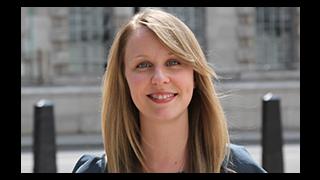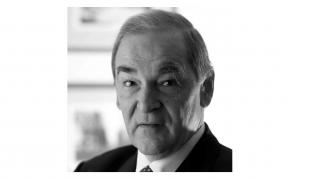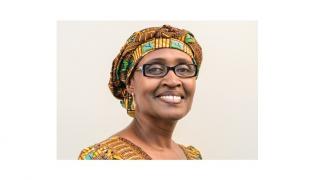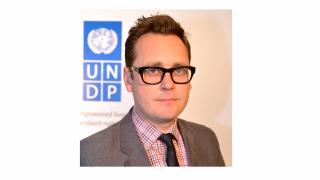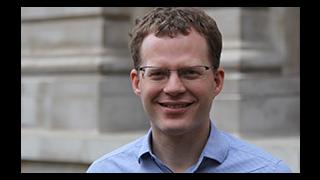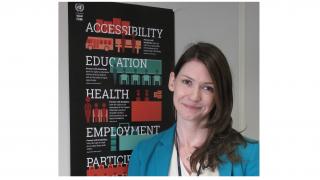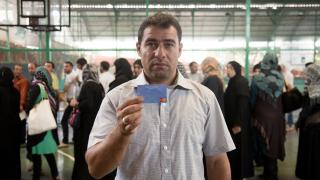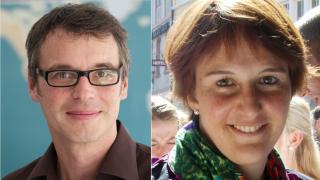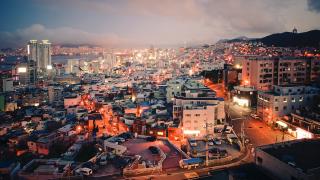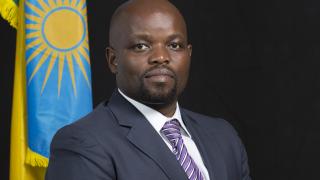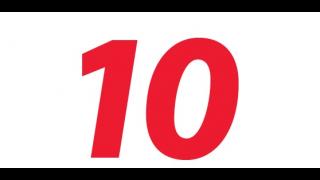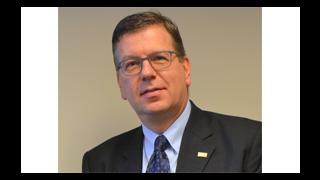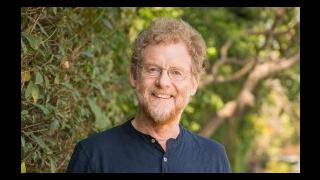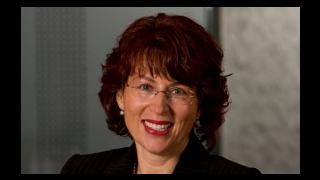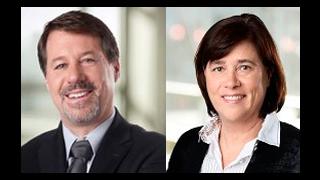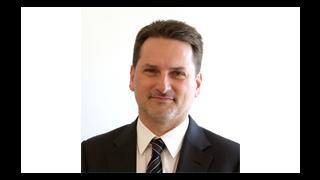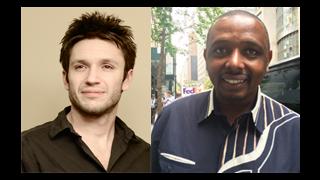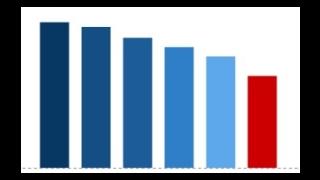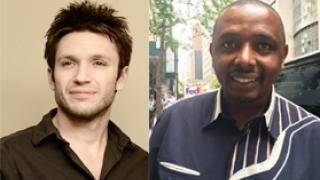
VSO's Mwangi Waituru and Jason Hickel of the London School of Economics debate whether the new set of Sustainable Development Goals (SGDs) will have a lasting impact on the world’s poorest.
Mwangi: With 17 goals and 169 targets, the range is amazing; it’s very difficult to find an issue or sector that is excluded. Naively looked at, it is like a basket of priorities from which states can pick and choose whatever they feel like. But on closer inspection it reflects complex systemic issues that need to be fixed to eradicate poverty in a sustainable way. The goals and targets should not just be seen as the sum of their parts, but rather a composite package that requires a holistic approach to deliver them. Individual goals and targets cannot produce the desired effect; it is the interplay of the various components that will unlock people’s ability to create change.
Of course it will not be easy, implementing an effective framework is always going to present challenges. The good news is that we have the human resources, know-how and technology to make it happen. We need to mobilise long-term political will in order for states to rise to the task but, overall, I believe it is doable.
Jason: The Zero draft is an impressive accomplishment, and I'm excited that the standalone goal on inequality made it in, after much wrangling.
But fundamentally, the SDGs fail to strike at the root causes of poverty and inequality. Poverty doesn’t just exist; it is produced by a global economic system that is rigged in the interests of rich countries and powerful corporations. We know the main drivers of poverty: odious debt, unfair trade deals, labour exploitation, land grabbing, and so on, all of which is facilitated by undemocratic global governance institutions such as the World Bank and the WTO. The SDGs are silent on most of these issues, and in this sense are deeply compromised.
There was heavy corporate involvement in the drafting and it shows: the SDGs refuse to depart from the status quo. They aim to eradicate poverty, but without challenging the interests of the rich. They remain devoted to infinite material growth, but are blind to the contradictions inherent therein. Ultimately, the SDGs fail to imagine the alternative economy that we so desperately need.
Mwangi: Given the complexities of UN politics, it’s no wonder that the post-2015 agenda threatens to result in a business as usual approach to implementation. Could we, as Jason implies, be putting new wine in old wineskins by depending on existing institutions to deliver a framework they were never designed to support?
The good news is that the strength of this new wine is not only derived from its ingredients, but by the aging process of defining the goals, targets and their underpinning spirit. It has been the most participatory process in UN history. There has been extensive work by the High Level Panel of Eminent Persons and Open Working Group, over 100 national consultations led by the UN Development Programme, civil society dialogues in 12 African countries, and the formation of global civil society coalitions such as Beyond 2015. This scale is unprecedented, resulting in two powerful outcomes:
- Ownership and buy-in, with countries already talking of setting up implementation counsels/commissions
- Birth of a more powerful global partnership with talk of transferring power to people rather than institutions
Jason: Yes, the degree of participation and ownership is impressive, but that’s not what’s at stake here. The SDGs miss the point – or, worse, distract us from the point: they leave the current economic order intact, while tweaking it around the edges to make life a bit more bearable for the poorest.
One symptom of this is that the SDGs define poverty at $1.25/day – insultingly low in a world of gross excess and discredited by scholars. For the SDGs to be taken seriously they need to adopt the $5/day line, but to eradicate poverty at this level would require more than just window-dressing; it would require deep structural change, which they appear intent on avoiding.
A second symptom is that the SDGs rely heavily on GDP growth, despite the increasingly obvious disconnect between GDP growth and the incomes of the poorest. The SDGs need a new definition of progress. This issue did appear in earlier drafts, but its removal indicates that the SDGS will not question the deep logic of our economic order.
Mwangi: Both critics and supporters concur that the SDGs contain both aspirational as well as minimalistic targets. The $1.25 definition of poverty is one such minimalistic definition. However, it’s hard not to welcome the more ambitious governance-related targets as well as those aimed at tackling inequalities and unsustainable consumption and production.
Away from the text of the SDGs, three big concepts stand out as having the potential to change the politics of global development policies:
a. “Leave no one behind” means the goals apply to everyone, everywhere. Incremental improvements are not enough; we need to end, not halve poverty
b. Integrating social, economic and environmental issues into one: this sees poverty eradication and sustainable development as mutually reinforcing
c. The principle of universality means the SDGs will apply to all countries, so it moves from a framework for aid to a global agenda for change
It is by leveraging these three concepts that we can tackle the structural causes of poverty and inequality.
Jason: These concepts sound lovely, but grand rhetoric is one thing – the details of the plan are another. There is nothing in the details with the power to effect structural change. The SDGs speak of “eradicating” poverty, as if poverty were a naturally occurring disease rather than the product of intentional policies. The point, rather, is to stop producing poverty. The poor don't need our charity; they need us to stop plundering them in the service of elite accumulation.
Mwangi ignores my point about GDP growth, but this is vital; we urgently need a more rational measure of progress. If we replace GDP with the Genuine Progress Indicator (GPI) or one of many alternatives, we would be compelled to address the structural drivers of impoverishment and bring capital back under the control of real democracy. We would cap corporate power and push for a global minimum wage or a basic income guarantee. Social movements have been calling for these ideas for a long time. Why, then, are they absent in the SDGs?
Jason Hickel is an anthropologist at the London School of Economics, Director of Campaigns for Academics Stand Against Poverty, and Senior Advisor to /The Rules
Mwangi Waituru is VSO's Africa Policy and Advocacy Advisor (Post 2015) and Beyond 2015-Participate Focal Point

